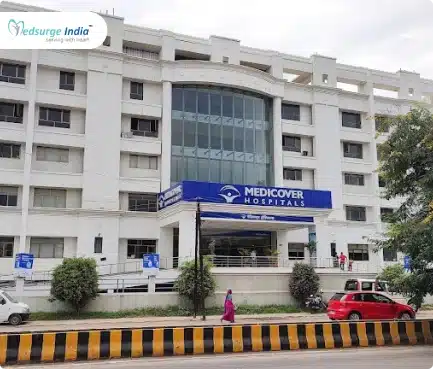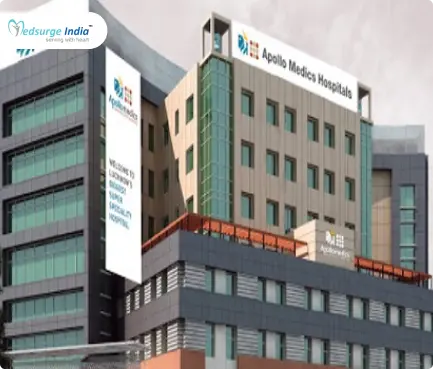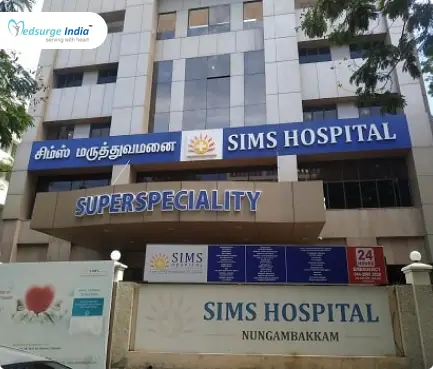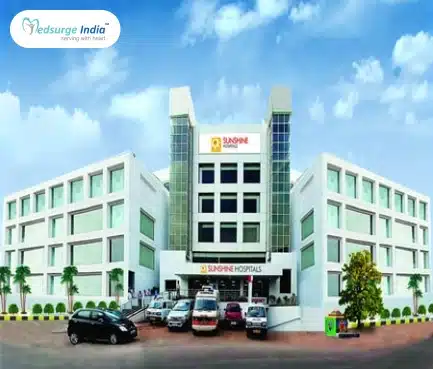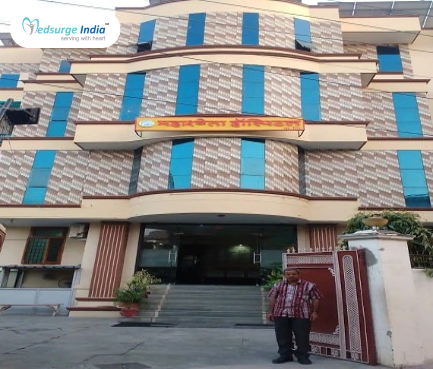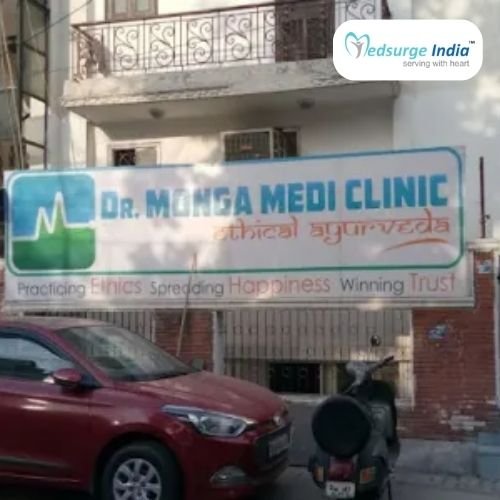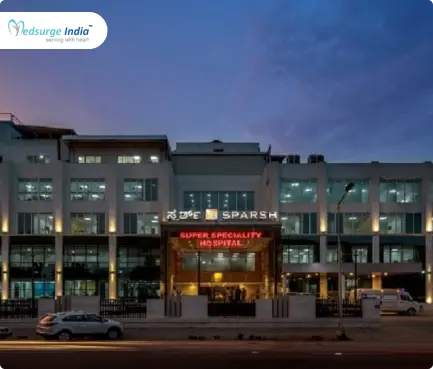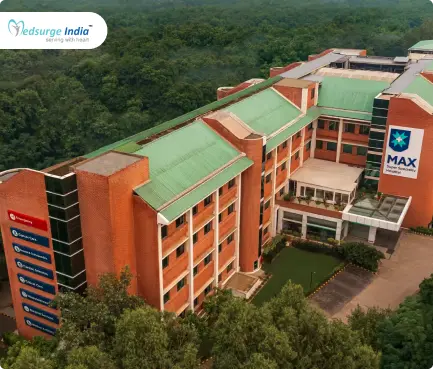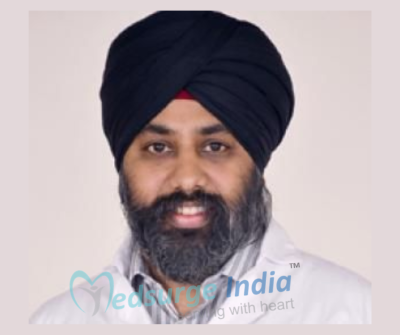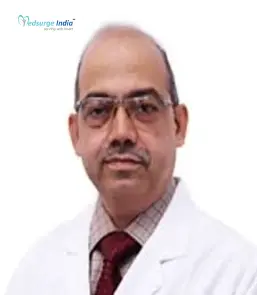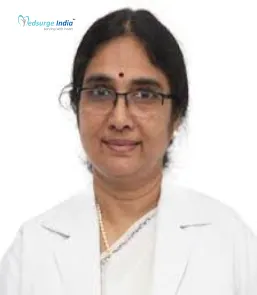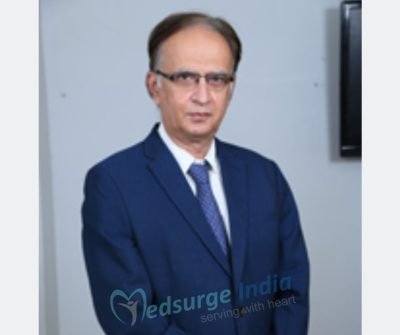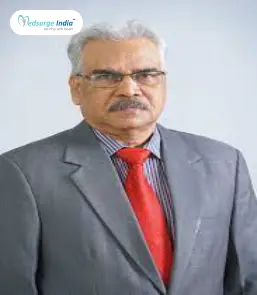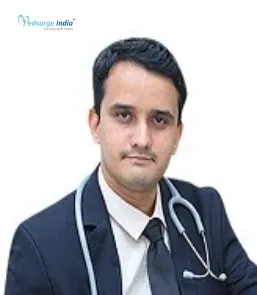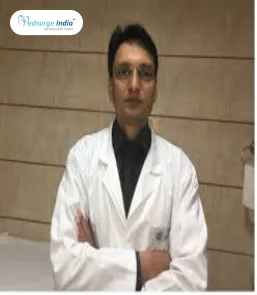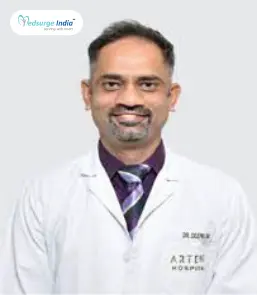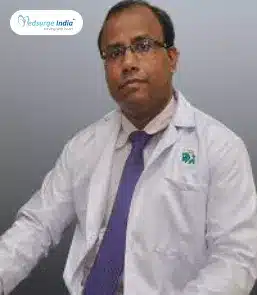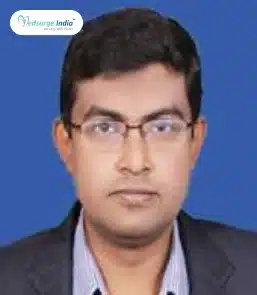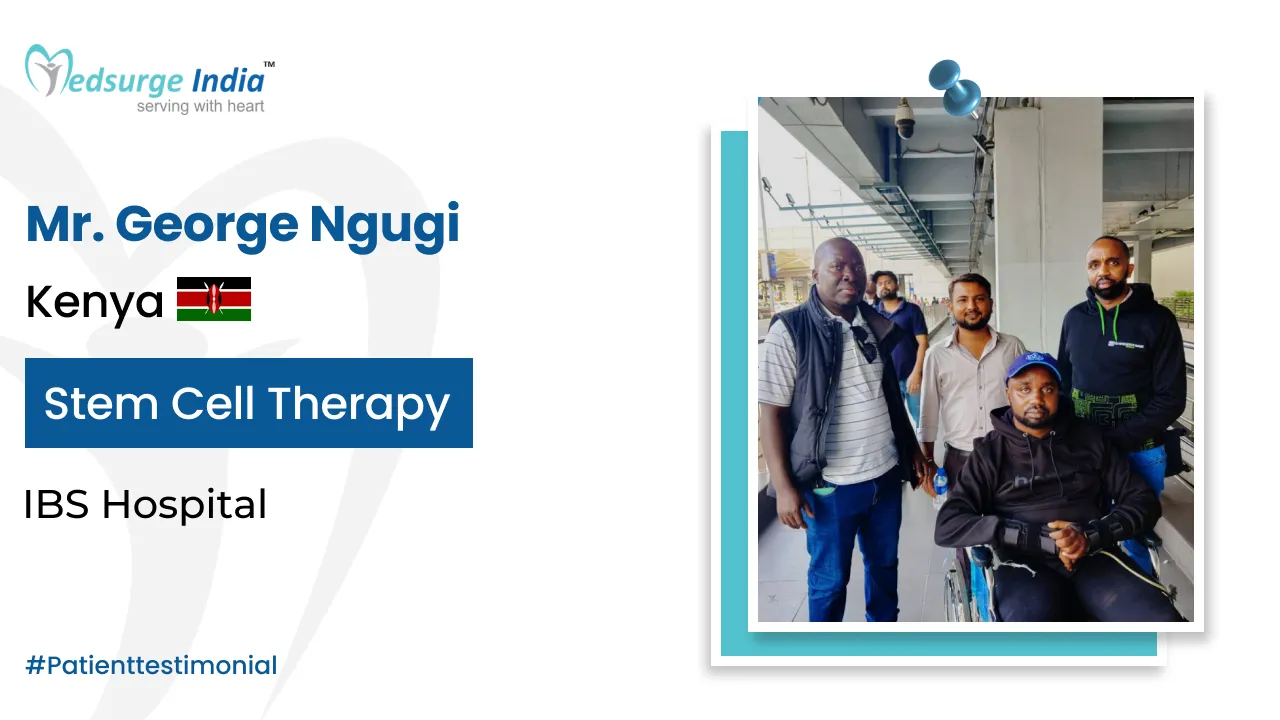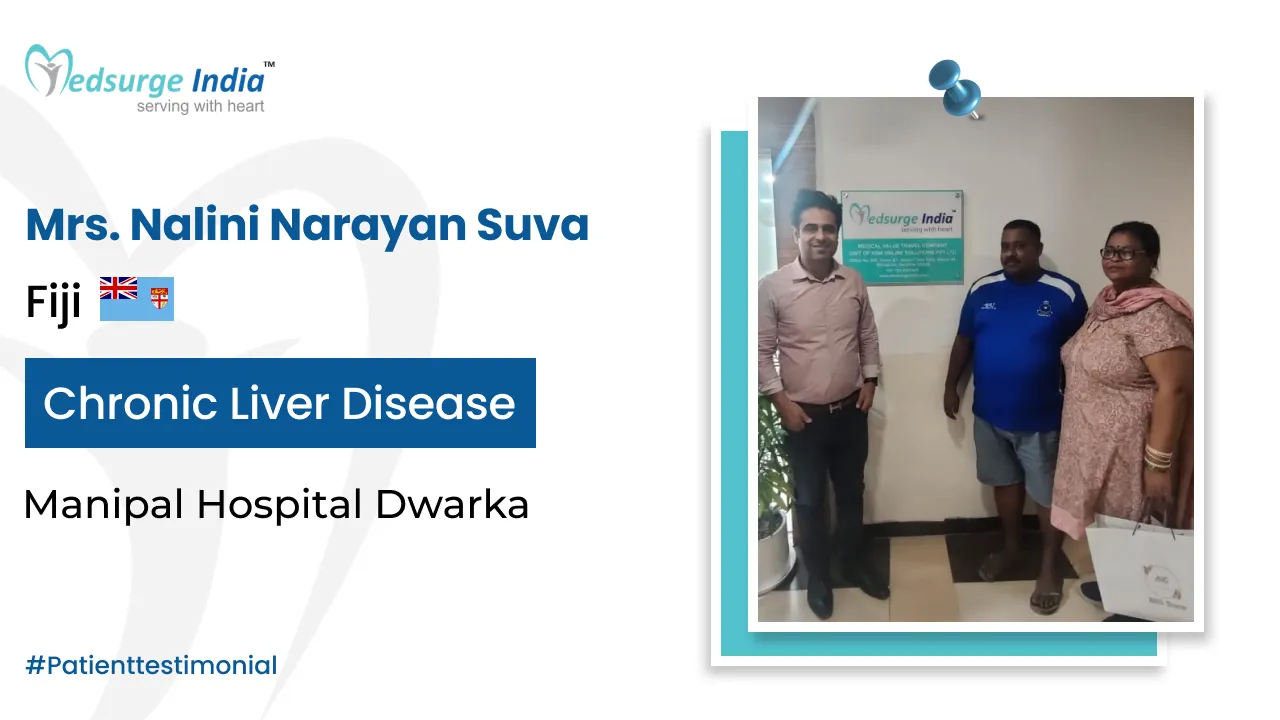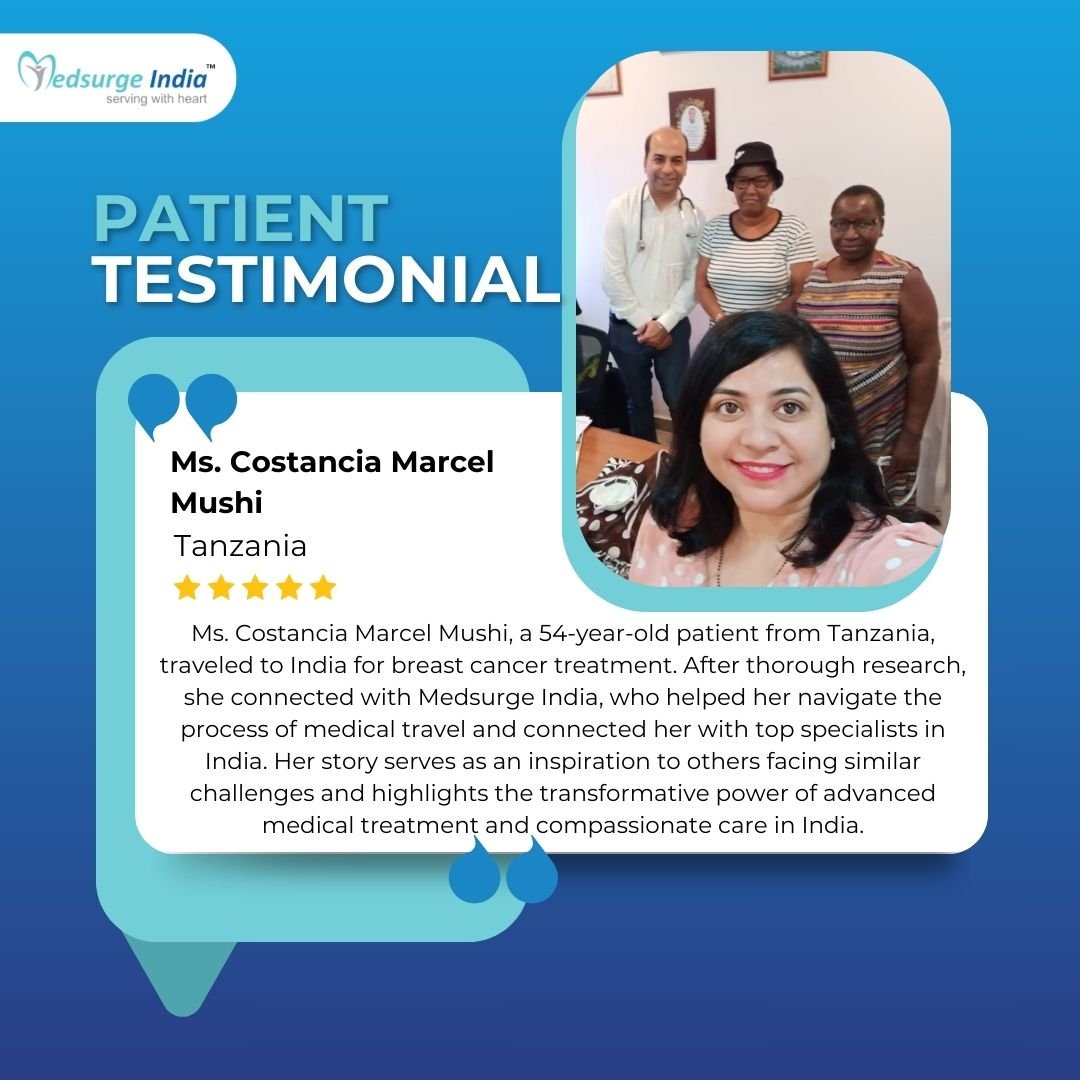
Endometrial cancer is the abnormal growth of cells from the uterus that’s the hollow, pear-shaped organ in the pelvic area of women. Cancer starts in the outer coating that forms the lining of the uterus. There are different kinds of cancer also shaped in the uterus known as uterine sarcoma that is somewhat less common. Endometrial cancer is discovered usually at an early period as it generates common abnormal vaginal bleeding that alerts the girls to test with their physicians. If cancer has been found at the first stage, surgical removal of the uterus often cures cancer.
Signs and Symptoms of Endometrial Cancer
- Bleeding after menopause.
- Bleeding in between menstrual cycles.
- Watery or abnormal bloody discharge from the vagina.
- Pain in and around the pelvis.
Risk factors of Endometrial Cancer
Age- Endometrial cancer is mainly characterized by postmenopausal women in the age category of 55-60.
Hormonal Imbalance – The degree of oestrogen and progesterone hormones may influence the chance of developing endometrial cancer. Greater oestrogen levels without progesterone might raise the endometrial thickness and might cause cancer. Women at the menopause phase beneath oestrogen hormone treatment are also at elevated risk.
Fat – Women with a body mass index (BMI) of 25 or higher are at significant risk for endometrial cancer. As BMI increases, so does the risk of cancer.
Inherited Genes — Endometrial cancer has a genetic source known as Lynch syndrome that often raises the chance of different kinds of cancer such as colon esophageal and colon cancer brought on by abnormal mutation in the enzymes that’s inherited.
Endometrial Cancer Treatment Cost in India
Endometrial Cancer Treatment Cost in India starts from 850 USD. It typically includes necessary preoperative tests, the patient’s condition of its eyes, and the type of surgery itself. However, please note that accommodation and transfers are not included in this cost.
Different Types of Treatment for Endometrial Cancer Treatment in India
| Treatment | Starting Price |
| Surgery | USD 3500 |
| Chemotherapy | USD 850 |
| Radiation therapy | USD 2500 |
| Hormone therapy | USD 1200 |
Endometrial Cancer Treatment Cost in Different Cities in India
| Cities | Starting Price |
| Delhi | USD 850 |
| Gurgaon | USD 950 |
| Noida | USD 850 |
| Mumbai | USD 1000 |
| Hyderabad | USD 850 |
| Chennai | USD 900 |
| Kolkata | USD 850 |
| Bangalore | USD 1000 |
Note: Keep in mind that the above-mentioned cost provided is solely for the treatment. The overall cost of Endometrial Cancer Treatment in India will be determined based on several factors.
Factors That Can Affect Endometrial Cancer Treatment Cost in India
Various factors can affect the cost of Endometrial Cancer Treatment in India. Your budget is greatly impacted by numerous elements that fail under pre and post-treatment costs. Below are the various factors that can affect the cost of Endometrial Cancer Treatment in India.
- Medication costs: Certain medicines can influence the overall cost of the treatment.
- Patient Condition: The complexity of the disease along with the patient’s overall health can affect the duration of treatment, impacting the cost.
- Duration of treatment: Longer treatment courses involving multiple visits can lead to higher cumulative costs.
- Geographical location: Cost can vary widely depending on the region in India.
- Hospitalization expenses: The length of hospital stay and the level of nursing care required by the patient can add to the treatment expenses.
- Government policies and subsidies: Government healthcare schemes and subsidies can reduce out-of-pocket expenses for patients, affecting the affordability of the treatment.
- Medical tourism packages: Curated packages for international patients can include various services at a bundled cost, influencing the overall expense of treatment in India.
- Hospital reputation and infrastructure: Prestigious hospitals with state-of-the-art facilities may charge more for their services.
- The expertise and experience of medical professionals: Oncologists with extensive experience and recognition often command higher fees, contributing to the treatment cost.
- The type and frequency of diagnostic procedures: Regular monitoring with advanced imaging and laboratory tests can increase treatment costs due to the high price of these diagnostic methods.
- The choice of treatment modality: Opting for newer or more advanced treatment options or precision medicine can be more expensive than traditional approaches.
Endometrial Cancer Treatment Cost in India offers exceptional medical services and facilities to patients who come for treatment in India also their facilities rival those of well-known healthcare centers worldwide. Accommodation, meals, and transportation expenses are also covered. Furthermore, a foreign patient can save up to 30-40% of the Endometrial Cancer Treatment cost in India when compared to their native countries
Diagnosis of Endometrial Cancer
Endometrial cancer can be detected by various methods. The initial diagnosis is a pelvic examination.
- Pelvic Examination – The physician will inspect the outer genitals, vagina, uterus, and ovaries with the speculum or fingers to detect any abnormal growths or tumors.
- Transvaginal Ultrasound – Throughout the scanning, a device called a transducer will be inserted into the vagina to generate video pictures of the uterus using sound waves. The scan reveals the texture and thickness of the endometrium.
- Hysteroscope Detection – The physician inserts a hysteroscope through the vagina into the uterus to examine the uterus and endometrial structure.
- Endometrial Biopsy — The cells in the uterine lining is going to be accumulated and delivered to research to discover the abnormal expansion from cells. The process could be completed at the practice without anesthesia.
- Surgical Biopsy- In some instances, the tissue obtained by the biopsy won’t be adequate to confirm the identification or the biopsy isn’t apparent. A process known as dilation and curettage (D&C) will probably be done in order to scratch the tissue in the uterus and examined for cancer cells.
Stages of Endometrial Cancer Include:
- Stage I – Cancer confined only to the uterus.
- Stage II – cancer spread to the cervix
- Stage III – Cancer has spread to pelvic area lymph nodes and beyond the uterus but not spread to the rectum and bladder.
- Stage IV –Cancer spread to the rectum, bladder, and other parts of the body.
The stage of cancer can be determined by Positron Emission Tomography (PET) Scan, Chest X –rays, Computerized Tomography (CT), and Blood Tests.
Get Free Cost Estimation
Procedure
The remedy for endometrial cancer is dependent upon the point the cancer is diagnosed.
Surgery
Surgery is the initial alternative for the majority of patients with endometrial cancer that entails the removal of the uterus, fallopian tubes, and ovaries. Surgery to remove the uterus is suggested for many women with endometrial cancer. The individual won’t have the ability to conceive and give birth to the child after the operation. The health care provider will also inspect the region around the uterus for those indicators of cancer and might urge lymph node biopsy testing to ascertain the stage of cancer.
Radiation
Radiation treatment using X-rays and higher energy protons will be made to the website of cancer following the operation to decrease the recurrence. In certain patients that the tumor is quite big and hard to eliminate, in these situations additionally, radiation will be counseled before the operation to decrease the tumor size. For high-quality cancers and patients that are not healthy for operation, radiotherapy is your very best choice of therapy. Two types of radiation will be generally administered
- External Radiation- Throughout the process patient will lie on a table along with the machine providing high energy beams to some specified part or numerous areas within the body.
- Internal Radiation- This procedure entails introducing little molecules such as objects, seeds, or wires for specific time intervals within the vagina to destroy the cancer cells.
Chemotherapy
Chemotherapy uses drugs to kill cancer cells. The individual may obtain either one medication or two drugs in conjunction with the oral or intravenous route. Chemotherapy is usually suggested to the sufferers of top-grade cancer which spreads beyond the uterus.
Hormone Therapy
Through the hormone, treatment drugs are administered that influence the hormone levels. The treatment can be given independently or concomitant with different styles of therapy. Medicines to decrease the total amount of oestrogen in your system and also to raise the testosterone levels will probably be normally given to balance the hormones and also to kill the cancer cells which may grow in presence of elevated oestrogen.
Palliative Care
It’s distinctive medical care given to the patients to give relief from severe sickness from the group of health care professionals to get greater results and rapid healing to the sufferers. It might also raise the quality of life following cancer therapy.
MedsurgeIndia offers the best Endometrial Cancer Treatment Price in India at an affordable price for international patients coming to India under the supervision of the most trained doctors.
The Most Important Frequently Asked Questions
Q: What Is Endometrial Cancer?
A: Endometrial cancer is a cancer of the lining of the uterus that is the most frequent type of cancer in postmenopausal women. Type 1 is the most frequent kind of endometrial cancer that develops slowly whereas type two is the common and most competitive form tends to quickly spread to different areas of the human body.
Q: How Does Endometrial Cancer Occur?
A: The coating of the endometrium begins to grow and grow in depth in some specific locations. The thickened areas may form a tumor that may spread to other regions of the human body.
Q: How Much Is the Survival Rate in Endometrial Cancers?
A: The survival rate is dependent upon the phase of cancer. When it’s restricted to the endometrium, almost 95 percent of these girls endure even after 5 decades of diagnosis. When it disperse to other components, it’ll be roughly 65% survival rate after 5 decades of diagnosis. The survival rate also depends upon the level of metastasis.
Q: Is Cancer Most Aggressive?
A: All sorts of endometrial cancers aren’t aggressive. Clear cell cancer that is of approximately 5% is generally competitive which is more prevalent in postmenopausal women.
Q: What Are the Early Signs of Endometrial Cancer?
A: The early signs are:
- Bleeding after menopause
- Bleeding in between the periods
- Abnormal bloody discharge from the vagina
- Pain in the pelvic area
Q: What Are the Symptoms of Advanced Endometrial Cancer?
A: The symptoms are:
- Severe pelvic pain
- Weight loss
- Bloating
- Abdominal swelling
Q: What Are the Most Common Symptoms of Endometrial Cancer?
A: Common symptoms are:
- Abnormal bleeding pattern from a watery flow to a flow of more blood
- Bleeding after menopause
- Spotting or abnormal discharge
Q: Is it Possible to Detect Endometrial Cancer With an Ultrasound?
A: The physician often recommends a couple of tests to discover endometrial cancer. The vital tests are transvaginal ultrasound, hysteroscopy, and tissue biopsy.
Q: Who Is at High Risk for Endometrial Cancer?
A: Women who have faced these conditions are more likely at risk for endometrial cancer
- Disruption of hormones
- Hormone replacement therapy to ease the symptoms of menopause
- Taken Birth control pills
- Obesity
- Polycystic ovarian syndrome
- Ovarian tumors
Q: Can Endometrial Cancer Be Cured?
A: Endometrial cancer may be nicely treated with a greater prognosis when the tumor is confined to the uterus. However, in advanced stages, once cancer has spread into other regions surgical treatment just not feasible. Even in high-grade tumors that spread to other components hysterectomy is going to be finished alongside the removal of the uterus and fallopian tubes to prevent excess bleeding.
Q: Can Anyone Die from Endometrial Cancer?
A: Endometrial cancer is the most frequent kind of cancer globally. Black Africans are likely to die than white men and women. Nevertheless, early identification is likely to make the treatment more effective.
Q: What Care Should Be Taken After Treatment for Endometrial Cancer?
A: Normal health checkups are advised following therapy for endometrial cancer. It’ll ensure the early identification of this recurrence. With phase 1 cancer 90 percent of individuals have been cancer-free after 5 decades of therapy. Healthful lifestyle will probably be recommended after the treatment. Other risk factors like diabetes, higher blood pressure, and obesity ought to be controlled to decrease the long-term risk.
Check out Ethiopian patient testimonial
Top Hospitals for Endometrial Cancer Treatment in India
Top Doctors for Oncology and Oncosurgery
Dr. Rama Mohan Reddy Vada
Head of Department , MBBS, DNB, DM
Experience: 16 years of experience
Continental Hospitals, Hyderabad
Hyderabad, India
Dr. Ramandeep Singh Arora
Associate Director
Experience: 26 years of experience
Max Super Speciality Hospital, Saket
New Delhi, India
Dr. Dinesh Chandra Katiyar
Senior Consultant
Experience: 30 years of experience
Venkateshwar Hospital, New Delhi
New Delhi, India
Dr. Sanjay Dudhat
Head of Department , MS, MBBS
Experience: 27 years of experience Mumbai , India
Nanavati Super Specialty Hospital, Mumbai
Mumbai, India
Dr. Rohit Nayyar
Senior Director
Experience: 22+ years of experience
Max Super Specialty Hospital, Gurgaon
Gurgaon, India
Dr. Mallika Natraj
Senior Consultant
Experience: 16 years of experience
Sparsh Hospital (Yeshwanthpur) Bangalore
Bangalore, India
Dr. Anil Kumar Gupta
Senior Consultant
Experience: 29 years of experience
Bhagwan Mahaveer Cancer Hospital & Research Centre, Jaipur
Jaipur, India
Dr. Hemang Bakshi
Consultant
Experience: 24 years of experience
HCG Cancer Centre, Ahemdabad
Ahemdabad, India
Dr. Kshitij Chandrakant Joshi
Consultant
Experience: 10 years of experience
Nanavati Super Specialty Hospital Mumbai
Mumbai, India
Dr. Arun Behl
Consultant
Experience: 24 years of experience
Fortis Hospital, Mulund, Mumbai
Mumbai, India
Dr. Tanmoy Mukhopadhyay
Senior Consultant
Experience: 15 years of experience
Apollo Gleneagles Hospital Kolkata
Kolkata, India
Dr. Sujoy K. Bala
Consultant
Experience: 14 years of experience
AMRI Hospital, Kolkata (Dhakuria)
Kolkata, India


